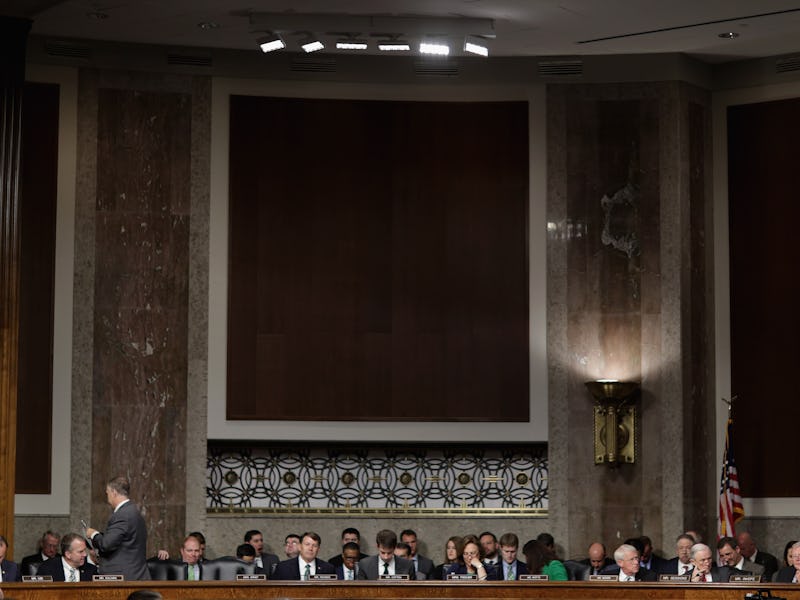U.S. Science Agency Research Should Be Made Public Faster, Argues EFF
The Electronic Frontier Foundation wants to make government-funded studies consistently available to the public within one year of their completion.

A bill to make taxpayer-funded science and technology studies readily available to the public within one year is out of committee and ready to be taken to the Senate floor for a vote. The Fair Access to Science and Technology Research Act (FASTR) was originally introduced in 2013 by the Electronic Frontier Foundation, and now, the EFF is lobbying to push it through to completion.
FASTR, which is sponsored by Senator John Cornyn, a Texas Republican, would require federal agencies with research expenses in excess of $100 million to make their findings available to the public within 12 months. The EFF — which calls itself the “leading nonprofit organization defending civil liberties in the digital world” — argues that since the taxpayers pay for the studies, it’s only fair they be allowed to read them in a reasonable time frame.
“There’s a lot of enthusiasm around getting it to an up or down vote in the Senate as soon as the Senate comes back from recess,” says Elliot Harmon, an EFF activist, to Inverse. “The reason why we want to alert everyone about it now is to have a lot of these letters waiting in senators’ inboxes when they come back from recess. We’re pretty optimistic; we feel like the votes are there.”
Back in July, the Homeland Security and Governmental Affairs Committee approved the measure.
Harmon is concerned about the limited amount of time left to pass the bill, though: should it fail in the Senate for any reason, it might next be viewed differently by a less friendly administration. FASTR actually closely resembles a White House memo — calling for an embargo period of 12 months on government-funded research — introduced around the same time. Harmon acknowledged that while it’s disappointing that FASTR wouldn’t break a lot of new ground, it would have the advantage of locking the embargo into law “in a more permanent way.”
On the off-chance that FASTR does fail, Harmon said the EFF might try to dream bigger with the bill’s next iteration, perhaps a six-month embargo period instead of 12. “In our opinion, a real open-access policy should also address open licensing in a substantial way [which FASTR des not] … there’s a whole bunch of other battles to be fought in areas besides academic research, like in the department of education. This is only one piece of the pie.”
Federal agencies would need to institute a suitable policy within one year of the bill’s passing.